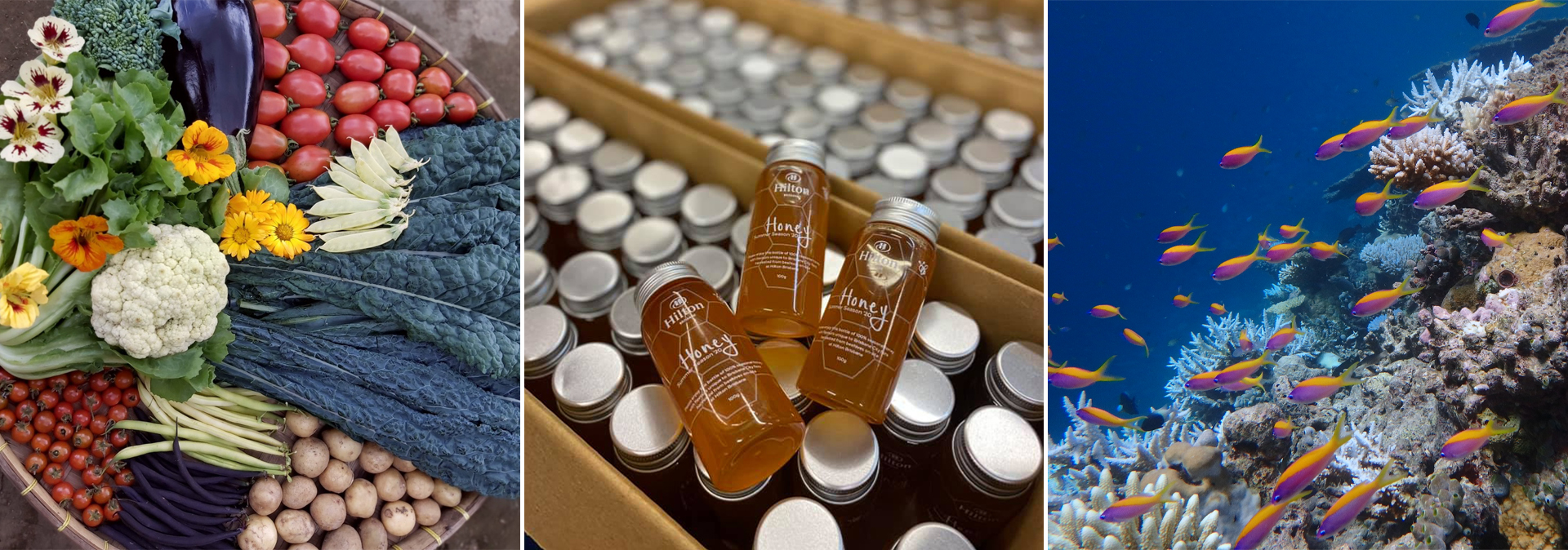Singapore - As the tourism landscape evolves in the wake of the pandemic, people’s mindsets are shifting as they reassess the way will they travel once it is safe to do so again. Hilton, a leading global hospitality company, recognizes that travellers are now seeking more meaningful experiences, preferring to immerse themselves in the destination while connecting with the local community and its environment.
“Founded on the premise that travel can make the world a better place, Hilton remains committed to this guiding principle today as we deliver sustainable experiences while creating unforgettable memories for travellers. People want to return from a trip feeling enriched and transformed, so it is our goal to provide our guests with opportunities to make a positive change during their journeys,” said Sylvia Low, director of corporate responsibility, Asia Pacific, Hilton. “Many of our hotels and resorts across Asia Pacific have embraced this emerging preference for sustainable travel experiences1 by inspiring new ideas so that guests can join us in reducing environmental impact.”
Through Hilton’s Travel with Purpose strategy, the company continues to take significant steps to integrate positive social impact and environmental stewardship throughout its operations, communities and supply chain. Hilton’s recent 2020 Environmental, Social and Governance (ESG) Report highlights the company’s environmental performance during the tumultuous year, showcasing the company’s efforts to conserve natural resources while remaining fully committed to halving its environmental impact by 2030.
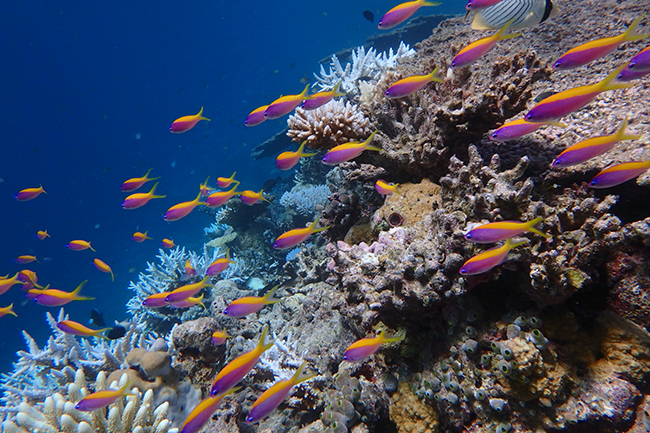
Marine Conservation for the Family in Bora Bora and the Maldives
Through an exclusive partnership with the renowned non-profit organization Manta Trust, Conrad Bora Bora Nui helps to create a greater appreciation of manta rays and the protection their habitat in Bora Bora. Guests are invited on a snorkel or scuba dive tour to discover and learn about the gentle ocean giants with the resident marine biologist in accordance with the Manta Trust Code of Conduct. Guests are welcome to identify manta rays in the lagoon with guidance from the marine biologist and participate in engaging education programs at the resort.
The perfect eco-conscious activity for the family, Conrad Maldives Rangali Island’s coral conservation program blends education and adventure for adults and children alike. The resort’s in-house marine biologist offers coral-related insights in a fun and interactive way and highlights the importance of their conservation. With the help of the Marine Biologist, coral pieces are fragmented by the guests into the ideal size for conservation. These coral “babies” are then inserted into a rope to be rehabilitated in the coral nursery. The Marine Biologist will then take the family on a short snorkel to the coral nursery and around the reef, pointing out all the vibrant marine life. To ensure continuity, guests will receive updates from the resort over the next one to two years till the coral has grown sufficiently and transplanted into their natural habitat.
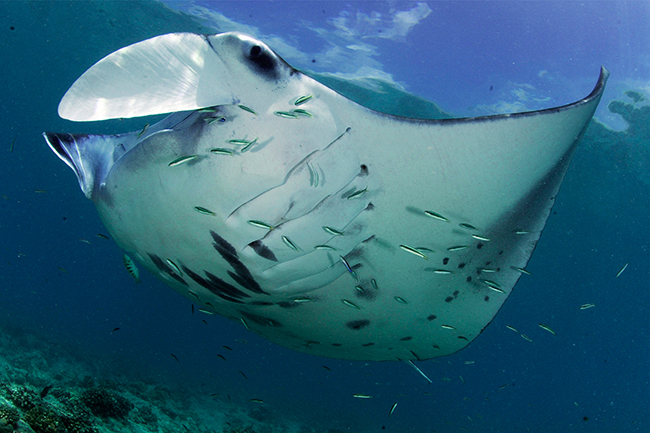
Inspiring a Sea Change through Sustainable Seafood in Japan, Korea and Singapore
With a renewed appreciation of wellness and clean eating, travellers are making conscientious efforts to seek out food that is fresh, organic and locally farmed and sourced. Hilton encourages its hotels and resorts across the region to support responsible suppliers and integrate sustainably sourced ingredients into dining menus.
Hilton Singapore was the first hotel in Asia to achieve Marine Stewardship Council (MSC) and Aquaculture Stewardship Council (ASC) Chain of Custody certifications in 2015, and the team continues to raise awareness on sustainable seafood in the region and inspire change for businesses beyond hospitality. In addition to promoting sustainable seafood on its menus, the hotel also features a vertical garden to harvest vegetables and herbs and promote local sourcing. The eco-friendly garden recycles and reuses water in a closed loop water irrigation system and has proven to be able to yield ten times more than traditional farming of the same capacity.
Guests can continue their gourmet indulgence at Conrad Seoul and Hilton Tokyo Bay with peace of mind. Despite the challenges of 2020, both hotels remained steadfast in their sustainability journey and achieved MSC and ASC Chain of Custody certifications this year–making them the first hotel in Korea and the first Hilton hotel in Japan, respectively, to do so. Diners can now support sustainable seafood fisheries and farms with greater ease by simply choosing menu items marked with the MSC or ASC eco-labels.
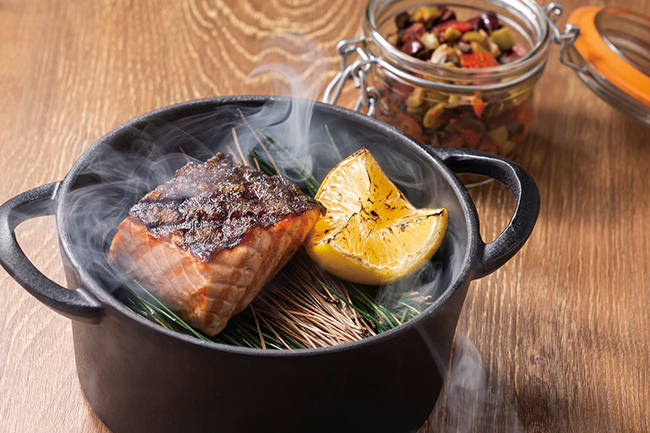
Reducing Environmental Footprint by Going Local in Indonesia and the Philippines
The Food & Beverage team at Hilton Bali Resort started a "Know Thy Neighbor" project to work with local vendors and producers to provide more of the hotel's culinary offerings while supporting small local enterprises and sustainable procurement. Guests can take home a collection of organic salts from the island, sip tea with honey from local farmers, snack on organic fruit and enjoy locally caught seafood. As part of the program, some of the restaurant's chinaware was specially co-designed by the chefs, local designers and craftsmen.
As part of its multi-use LEED Gold certified building, Conrad Manila’s guest rooms are outfitted with occupancy sensors that control both lighting and cooling functions as well as dual-flushing and low-flow plumbing among other irrigation fixtures to control water usage. The hotel is also committed to supporting the local community through regular meal packing activities with Rise Against Hunger, recycling soap through the “Soap for Hope” program and various food banking initiatives. A strong advocate of local arts, the hotel features an expansive collection of 736 art pieces by respected contemporary local artists that fosters an interactive appreciation of the Philippines’ community, culture and historical heritage, whilst promoting environmental sustainability and protection.
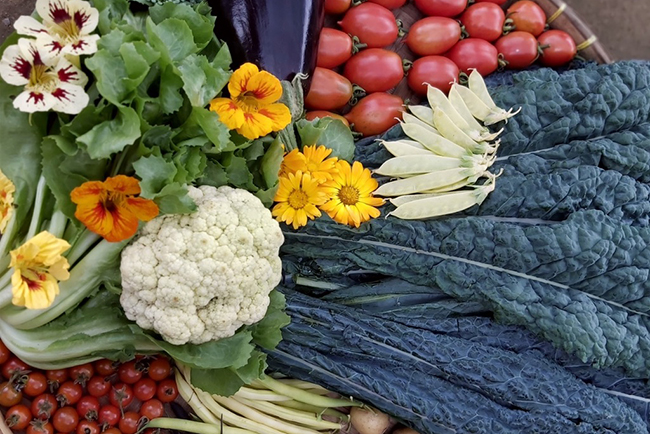
Rewarding Green Practices in China
A number of Hilton’s hotels in China have made sustainable practices more accessible for guests through various conservation initiatives on property. Conrad Tianjin rewards guests who bring their own reusable coffee cups, while Hilton Wenchang promotes reusable eco-bags among guests and offers room upgrades or late check-outs for those guests who travel in an environment-friendly way. Waldorf Astoria Chengdu and Hilton Haikou create options for guests to enrich their travel experiences with activities that promote public welfare, environmental protection and resource conservation.
Due to temperature fluctuations from using balcony doors, energy consumption rises when air conditioning systems work hard to cool the rooms, especially when balconies are left open. Through an innovative solution by the Engineering Department at Hilton Dalian Golden Pebble Beach Resort, a simple linkage between the balcony door sensors and air conditioning control helped to save almost 980,000 kWh of power in a year.
Going Full Circle in Australasia
Guests staying at Hilton’s hotels across Australia and New Zealand indirectly help to contribute to the hotels’ efforts to reduce waste through circular economy initiatives. Hilton hotels in the two countries recycle soap with Soap Aid, diverting that waste from landfills and creating new soap to positively impact communities in need. Since the program started in 2015, this initiative has created nearly 200,000 new bars of soap to improve community health and reduced almost 24,000 kg of soap from entering the waste landfills. Additionally, all used amenity packaging is recycled with Beyond Skin Deep, giving the containers a second life. Established in September 2019, this partnership has collected 850 kg of plastic waste that was transformed into 49 premium, durable fence palings for farmers in New Zealand.
Going the extra mile, Hilton Brisbane's comprehensive waste reduction initiatives include over 23 waste streams and community partnerships. Every stay is an opportunity to close the loop, from the recycling of oral care items and other single-use plastics through TerraCycle, to the reduction of single-use coffee cups through Closed Loop and single-use containers through Envirobank. The hotel diverts up to 10,000 items a month from landfills and funds environmental and social justice projects. Hilton Brisbane is also home to five beehives (250,000 pollinators) that produce 500 kilograms of honey a year. This honey is used in the hotel's kitchens and as gifts for guests and clients. In addition to beehives on the roof, the hotel also has a kitchen garden to complete the farm-to-fork experience.
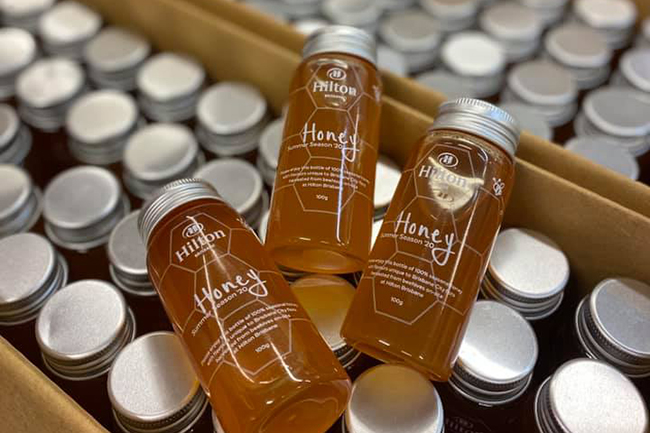
1 eHotelier: Sustainable Travel Statistics – 6 Facts to Open Your Mind
https://insights.ehotelier.com/insights/2021/03/10/sustainable-travel-statistics-6-facts-to-open-your-mind/
About Travel with Purpose
Travel with Purpose is Hilton’s Environmental, Social and Governance (ESG) strategy to redefine and advance sustainable travel globally. By 2030, we plan to double our investment in social impact and cut our environmental footprint by half. We track, analyze and report our environmental and social impact at each of Hilton’s more than 6,500 hotels through LightStay, our award-winning performance management system. Travel with Purpose capitalizes on Hilton’s global scale to catalyze local economic growth; respect human rights; invest in people and local communities; and preserve our planet by reducing our impact on natural resources. Our strategy aligns with the United Nations Sustainable Development Goals. Visit cr.hilton.com to learn more.
